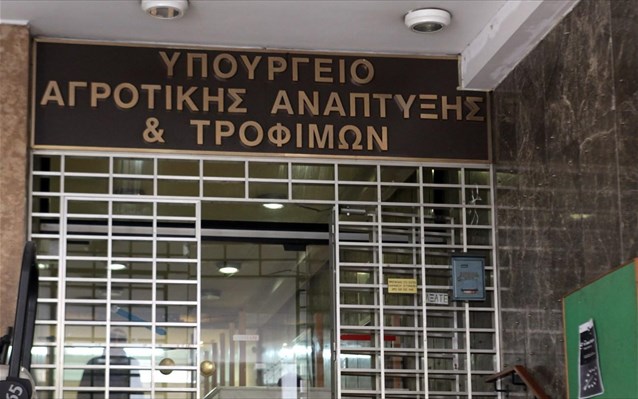Photos: Kathimerini
The Greek health authorities announced that they had detected two cases of "mad cow" disease in dead animals in the Fthiotida area in the central part of the country. The animals were 6 years old and of Dutch origin. The national livestock centre in the city of Larissa is currently carrying out mass inspections of animals in the country. By order of the Ministry of Rural Development, the centre has taken all emergency measures in compliance with the national and European legislation.
The stockbreeding farm where the dead cows have been found is under quarantine and is banned from allowing meat and meat products to go outside its borders. All employees of the stockbreeding farm have been instructed on the emergency provisions that they must observe in order to limit the spread of the disease. All slaughterhouses in Greece are being inspected in order to prevent the contaminated meat from reaching the end consumer.

The last case of "mad cow" disease was detected in Greece almost 10 years ago. It is not transmitted from animal to animal but spreads through food and its quarantine period is between 2 and 3 years. The infection can be transmitted to humans via consumption of contaminated meat and it causes in them the Creutzfeldt-Jakob syndrome, which can appear after 25-30 years.
Greece will officially inform the European authorities because, apparently, the control system of exports of meat and animals from the Netherlands and of imports of meat and animals in Greece is not functioning properly.